 This is especially true if you are a lawyer. In the case of the clandestine chat between Jose Baez, Esquire, and Robin Lunceford, an inmate at Lowell Correctional Institution, Judge Belvin Perry rendered a decision yesterday regarding the privacy of what Baez described as "work product."
This is especially true if you are a lawyer. In the case of the clandestine chat between Jose Baez, Esquire, and Robin Lunceford, an inmate at Lowell Correctional Institution, Judge Belvin Perry rendered a decision yesterday regarding the privacy of what Baez described as "work product."
First, let's take a quick look at what transpired to bring about the judge's ruling. It seems that Jose received a collect call from a jail house snitch on May 31 where she ratted out another jail house snitch, Maya Derkovic. There were two phone calls, actually, but the first one was to set up the second one with Jose.The first call was received at 6:34 PM and answered by Baez Law Firm legal assistant Michelle Negron. This is what she heard:
"Hello, this is a prepaid collect call from Kathleen, an inmate at Florida Corectional Institution. This call is subject to recording and monitoring. To accept charges, press one. To refuse charges, press two. To prevent calls from this facility, press... Thank you for using T-Netix. You may start your conversation now."
According to the initial recording, it seems apparent from the content of the call that Casey's defense was waiting for a call from an inmate. Ms. Negron tells the person on the other end that, "Hallie told me that you were going to call." After listening, she tells the caller that she needs to speak to Mr. Baez. Arrangements were then made to forward calls to Jose's cell phone in anticipation of another call at 7:00 PM. At 7:01, a call is placed by inmate Robin Lunceford that is answered by Jose. The key words here are answered by Jose. This means that the warning about possibly being recorded and monitored was heard loud and clear by the attorney. As the call progressed, Ms. Lunceford also advised him that she was not telling him everything she knew because "these phones are recorded."
When the state said it would release the contents of the calls as part of discovery, Jose sprung into action. On July 15, he filed a MOTION FOR PROTECTIVE ORDER REGARDING A TELEPHONE RECORDING OF ROBIN LUNCEFORD. In it, he wrote that the Baez Law Firm received a call from an individual who advised the firm "that she was an ex-inmate at Lowell. The caller stated that she had a friend who had conspired with Maya Derkovic to create a lie to possibly benefit from her knowing Casey Anthony at the Orange County Jail. The caller informed the [Baez Law Firm] that she would be calling later that evening."
In his motion, Jose made some very concise statements regarding his knowledge of the phone calls possibly being recorded. He began it with a reference to F.S. 3.220(l)(1), which states:
Motion to Restrict Disclosure of Matters. On a showing of good cause, the court shall at any time order that specified disclosures be restricted, deferred, or exempted from discovery, that certain matters not be inquired into, that the scope of the deposition be limited to certain matters, that a deposition be sealed and after being sealed be opened only by order of the court, or make such other order as is appropriate to protect a witness from harassment, unnecessary inconvenience, or invasion of privacy, including prohibiting the taking of a deposition. All material and information to which a party is entitled, however, must be disclosed in time to permit the party to make beneficial use of it.
I don't know about that section of the statute, because, at no time was anyone informed that this was a deposition. As the motion progressed, it took on the issue of the recording made by the prison.
"Shortly thereafter, the undersigned counsel was advised by his secretary, after hours, that Robin Lunceford was attempting to reach him. The call was transferred to the undersigned counsel's cell phone, upon which a conversation with the prosepective witness occurred.
"While it became known that Robin Lunceford was calling from a correctional institution, the undersigned counsel was never made aware that the call was being recorded by either Robin Lunceford or the standard recording that is usually played when receiving a call from a correctional institution."
The motion went on to make several key points. According to the Book of Jose, not all calls are recorded when coming from a correctional institution. He was made aware that Lunceford, along with Derkovic, conspired with Robyn Adams to "... possibly benefit by lying to the state about Casey." Derkovic's motivation could have been for a transfer to another prison. She was, in fact, transferred.
Jose Baez concluded his motion with a plea from the court:
"The defense contends that this conversation is not only protected by the work product doctrine, it further argues that it would be a third degree felony pursuant to 934.06.
"The undersigned requests that the state not listen to the illegally recorded statement as the use and disclosure of the unlawfully intercepted conversation would be a third degree felony pursuant to F.S. 934.03. Additionally, F.S. 934.06 specifically states, 'Whenever any wire or oral communication has been intercepted, no part of the contents of such communication and no evidence derived therefrom may be received in evidence in any trial, hearing, or other proceeding in or before the court, grand jury, department, officer, agency, regulatory body, legislative committee, or other authority of the state, or a political subdivision thereof, if the disclosure of that information would be in violation of this chapter.'"
Yada, yada. In her July 26 motion, STATE OF FLORIDA'S RESPONSE TO DEFENDANT'S MOTION FOR PROTECTIVE ORDER REGARDING TELEPHONE RECORDING OF ROBIN LUNCEFORD, Linda Drane Burdick basically said PHOOEY! You're full of it! She wrote that, "The assertion in the defendant's motion that Mr. Baez was 'never made aware that the call was being recorded' is simply not true."
LIAR, LIAR, PANTS ON FIRE!
Burdick continued by adding that a warning did occur at the beginning of the call, no matter what Baez said about having "absolutely no recollection of hearing any recording by the correctional facility," it was clear "that the call was not an unlawfully intercepted communication under Florida Statute 934."While he may think so, the Florida Security of Communications Act "was intended to flesh out the constitutional protections afforded private communications, while at the same time giving guidance to law enforcement as to the legitimate circumstances under which they may use the interception of communications as an investigative tool."
Burdick filed another salvo at the defense motion by boldly stating that, in opposition to Baez's claim, a review of the call contained no work product information, which would could include names of potential additional witnesses. As a matter of fact, she states that both phone calls were dominated by the rantings of Lunceford against Derkovic as a result of an argument between the two. She asserts that neither Baez, nor his assistant, contributed much content to the calls. As for F.S. 3.220(l)(1), this is what she had to say:
"Florida Rule of Criminal Procedure 3.220(g)1) provides: 'Work Product. Disclosure shall not be required of legal research or of records, correspondence, reports, or memoranda to the extent that they contain the opinions, theories, or conclusions of the prosecuting or defense attorney or members of their legal staffs,'" and she cited case law to explain the differing types of work product. Fact work product usually protects information which relates to the case and is gathered in anticipation of litigation. Opinion work product consists primarily of the attorney's mental impressions, conclusions, opinions and theories. Not to confuse you further, but the state maintained that"there is little case law on what constitutes a pretrial waiver of the work product privilege in the criminal context other than those cases dealing with disclosure to experts, it is clear that other, normally privileged communications lose their privileged status when the communication is overheard by a third party." Both Jose and his assistant knew or should have known that their communications with the inmate were not confidential and could be overheard by prison officials resulting in a waiver of any possible work product claim. She concluded her motion by saying that since the State of Florida "is not the party of interest regarding the release of public records," it had no position one way or the other.
This left the field wide open for Judge Perry to decide. Initially, I thought he would conclude that it was not work product for any number of reasons. One being the fact that Lunceford was not his client. When the judge released his order yesterday, something became apparent to me, although it is merely my opinion. Baez lied. In his RESPONSE TO STATE OF FLORIDA'S RESPONSE TO DEFENDANT'S MOTION FOR PROTECTIVE ORDER REGARDING TELEPHONE RECORDING OF ROBIN LUNCEFORD, Baez said that it was clear that "both the State and the Court have copies of the tape, and the undersigned does not. Without having the benefit of the tape the undersigned must rely solely on his memory of a call that occurred two months ago." True, but that did not preclude him from taking notes.
In closing, Baez's response asked the court to "issue a protective order barring the state from using the recorded conversation of Robin Lunceford. If the Court finds that the state has reached its burden of necessity, the defense requests a copy of said tape to make proper objections or requests for redactions. Or in the alternative require the State to take Ms. Lunceford's deposition prior to arguing necessity or delay the disclosure to allow both parties to fully investigate the matter as previously requested."
OK, I'll give him token credit over the work product argument and the defense's "almost" foregone conclusion that the motion was probably futile. I'll even give him credit for the request for the state to depose Lunceford before disclosing the phone calls, but here's where I would have drawn the line if I were the judge, and I wholly believe this was the clincher. It's something the state, the court, the defense and the public have been aware of for two years, and it is the reason why I think Jose lied about not knowing the calls were recorded. When was the last time Casey had visitors outside of her defense? Any family? No. When was the last time she made or took any phone calls? Who advised her not to? If you guessed Jose Baez, you are probably a big winner! He knew fully well that any external communication was subject to recording, and as an attorney, it should be indoctrinated into his very fiber that ignorance is no excuse in the eyes of the law. If he wasn't lying, what was he thinking?
Yesterday, Judge Perry banged his gavel down and he came relatively close to calling Baez a liar. In his ORDER DENYING PROTECTIVE ORDER REGARDING TELEPHONE RECORDING OF ROBIN LUNCEFORD, the judge said that the recordings made by prison officials do not constitute counsel's work product. Moreover, the work product privilege/doctrine protects documents and papers of an attorney or a party prepared in anticipation of litigation. In other words, when defense PI Jeremy Lyons came to my house to ask questions, that's work product because it was generated by the defense. In the case of Lunceford, she sought the defense out, and in my case, the defense came looking for me. Also, the private investigator recorded the conversation. Contrary to what Baez thinks, it was not the defense that recorded the prison conversation. It was the prison, and that makes it, not only legal, but owned by the state, and not work product of any kind.
Since the recordings were made by the prison in accordance with its procedures, they constitute public record. The judge reminded the defense that it should have been familiar with the ORDER DENYING MOTION TO SEAL JAIL VISITATION LOGS filed June 7, 2010. That made clear Florida's Public Records Act and the issue over separation of powers; that the Judicial branch of government has no jurisdiction over prisons that are run by the Executive branch.
The defense brought up Florida Statute 934.03, which deals with the interception and disclosure of wire, oral, or electronic communications. The judge explained that for a conversation to be protected under that section, the speaker must have an actual expectation of privacy, along with a societal recognition that the expectation is reasonable. State v. Inciarrano, 473 So.2d 1272 (Fla. 1985). There was no expectation of privacy from a jail and Baez knew that.
Where Baez really goofed was in his statement that he never heard the prison disclaimer about it being subject to recording. I reiterate that ignorance is no excuse, but I will further lay claim that it cannot be used in conjunction with a fabrication. How could he quickly forget the warning, but conveniently remember the content of the call he took? How could he claim that he was unaware that all calls are monitored or recorded when he advises his clients of the same thing?
Judge Perry admonished Jose. He reviewed the contents of the calls in camera. At the beginning of the call that Baez took, he was warned by an automated message that the call was being placed from a correctional institution and was subject to monitoring and recording. It was followed by a prompt to press "1" to accept or "2" to decline the call. Almost immediately, the call was accepted and Baez could be heard in the recording. The judge then repeated the fact that Lunceford reminded Baez that the call was subject to recording. Most importantly, she told him this crucial information before he made any statements in response to what she was telling him.
Ultimately, the judge denied the motion. The court found that there was simply no reasonable expectation of privacy where there were two warnings, one from the automated messaging system, and the other from the witness. Therefore, Florida Statute 943 does not prohibit the interception of the conversations, the court concluded. (Pssst... Don't tell the defense that the judge should have cited Florida Statute 934, not 943. Could this be brought up at the appellate level if Casey is convicted?)
In my opinion, this was a poorly conceived effort to pull the wool over a judge's eyes. Not only did this plan explode in Jose Baez's face, it alerted the judge to exactly what trickery this defense team will utilize in order to spring their client from jail, not that this is the first-time a lawyer has tried, but in any event, judges don't take too kindly to lies, especially when the truth is right there on a state sanctioned recording. Perhaps, Jose forgot the facts, which would be a very bad thing, because it might mean truths beneficial to Casey could slip through the cracks. If his client is truly innocent, the facts will come out at trial, just as Jose has said over and over again, but if he's willing to lie over a simple matter like this, how far would he go? I'm not an attorney, nor am I paid to play one on TV, but even I am aware that phone calls to and from a jail or prison are subject to recording. Heck, doesn't Jose ever watch Law & Order? It might be an eye opener.
"There is a higher court than courts of justice and that is the court of conscience. It supercedes all other courts."
- Mahatma Gandhi
Robin Lunceford Defense Motion
State's Response to Robin Lunceford Motion for Protective Order
Defense Response to State Robin Lunceford
Order Denying Protective Order Regarding Telephone Recording of Robin Lunceford
Order Denying Motion to Seal Jail Visitation Log Records
 Friday, December 17, 2010 at 10:11AM
Friday, December 17, 2010 at 10:11AM 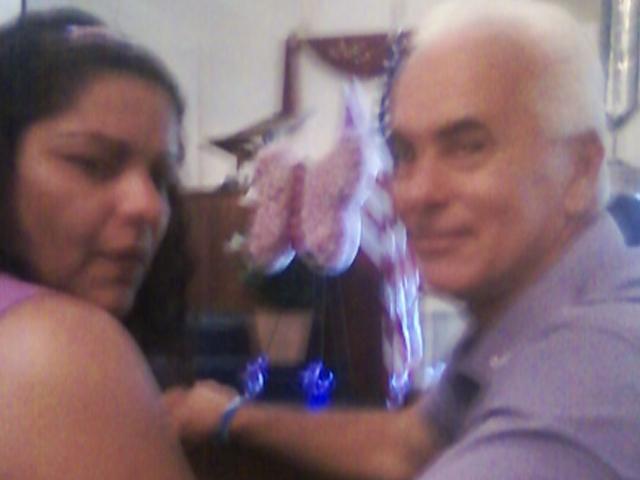
 Dave Knechel | tagged
Dave Knechel | tagged  Krystal Holloway,
Krystal Holloway,  Maya Derkovic,
Maya Derkovic,  Melissa Earnest,
Melissa Earnest,  River Cruz,
River Cruz,  Sylvia Hernandez | in
Sylvia Hernandez | in  Casey Anthony,
Casey Anthony,  Caylee Anthony,
Caylee Anthony,  Cheney Mason,
Cheney Mason,  Dave Knechel,
Dave Knechel,  David B. Knechel,
David B. Knechel,  David Knechel,
David Knechel,  Florida’s Government in the Sunshine,
Florida’s Government in the Sunshine,  Human Interest,
Human Interest,  Jesse Grund,
Jesse Grund,  Jose Baez,
Jose Baez,  Marinade Dave,
Marinade Dave,  Marinade Dave Knechel,
Marinade Dave Knechel,  Marinade Dave’s Caylee Anthony Posts,
Marinade Dave’s Caylee Anthony Posts,  OCSO,
OCSO,  Orange County Corrections Department,
Orange County Corrections Department,  Orange County Sheriff’s Office,
Orange County Sheriff’s Office,  Yuri Melich,
Yuri Melich,  marinadedave |
marinadedave | 
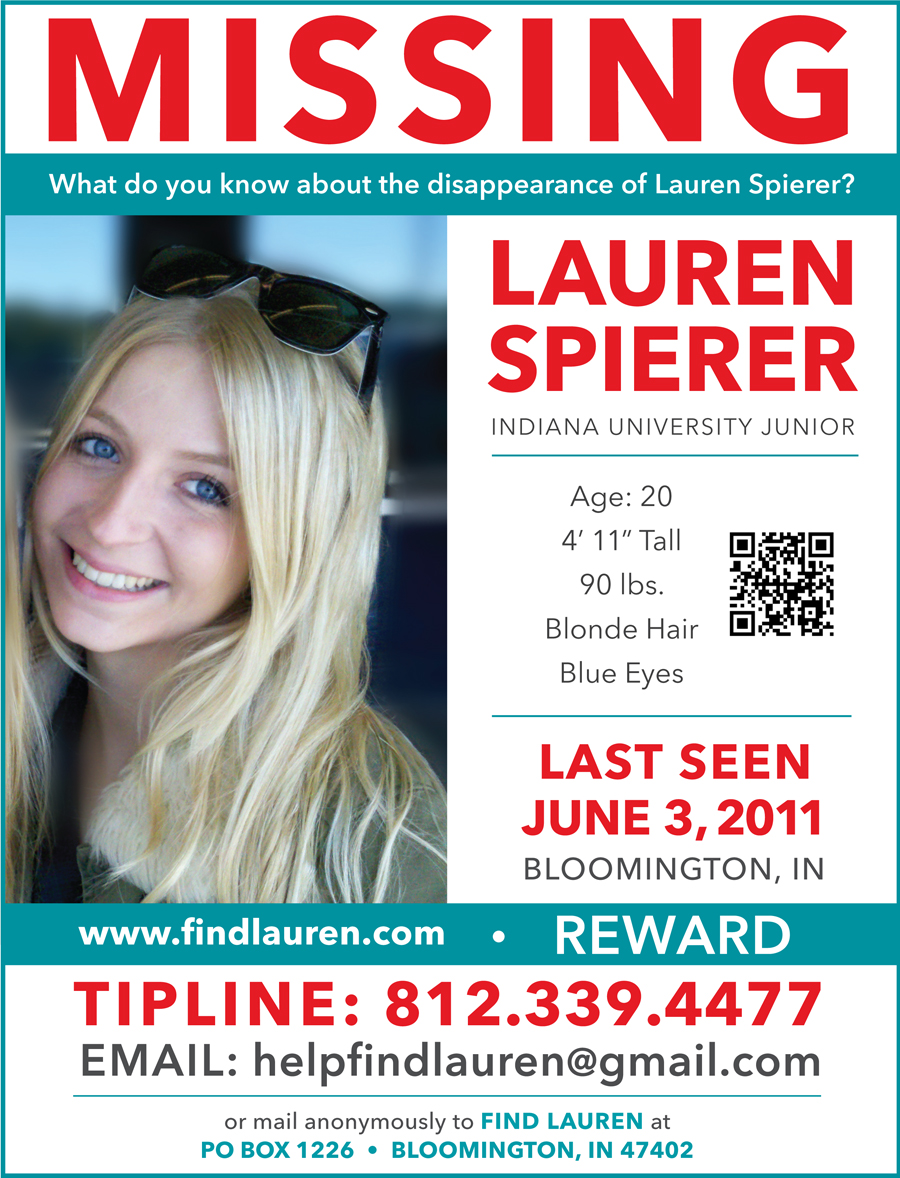

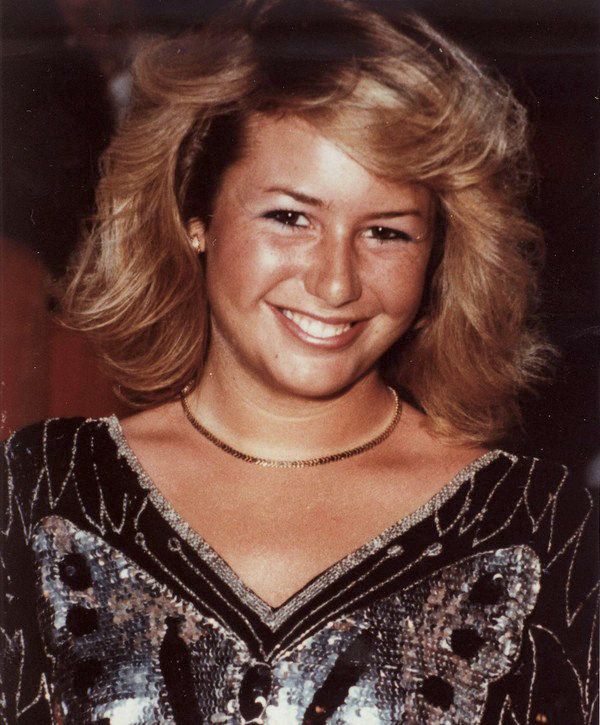

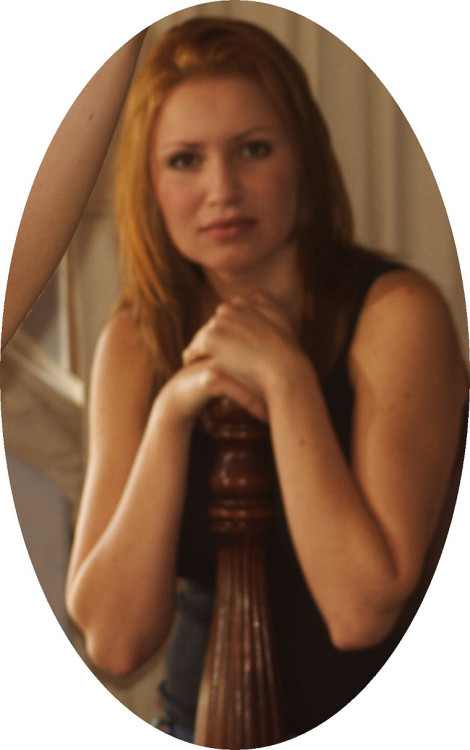
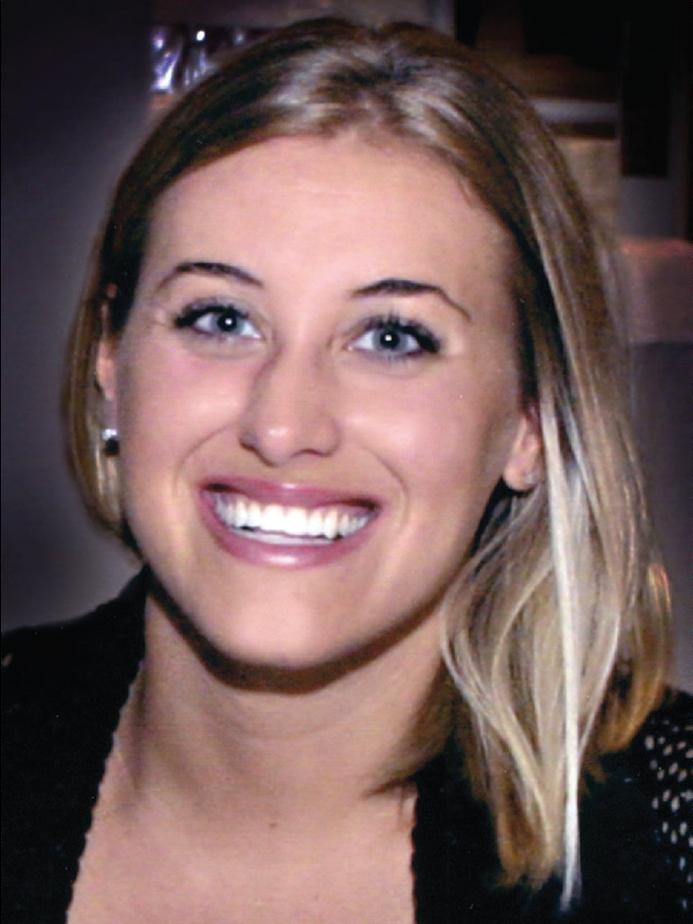






 LEGAL NOTICE
©David B. Knechel. All Rights Reserved. No portion of this site can be reproduced in it's entirety or in part without expressed written permission by the owner/administrator of this site in accordance with the Digital Millennium Copyright Act. Section 512(c)(3) of the U.S. Copyright Act, 17 U.S.C. §512(c)(3). The charges against defendants are mere accusations and the subjects are presumed innocent until found guilty in a court of law.
LEGAL NOTICE
©David B. Knechel. All Rights Reserved. No portion of this site can be reproduced in it's entirety or in part without expressed written permission by the owner/administrator of this site in accordance with the Digital Millennium Copyright Act. Section 512(c)(3) of the U.S. Copyright Act, 17 U.S.C. §512(c)(3). The charges against defendants are mere accusations and the subjects are presumed innocent until found guilty in a court of law.